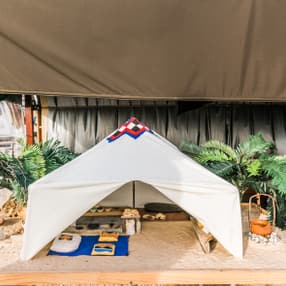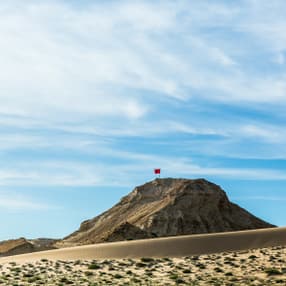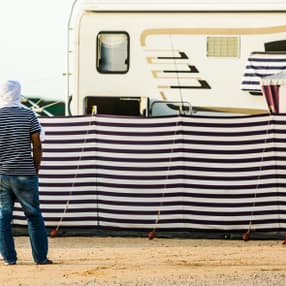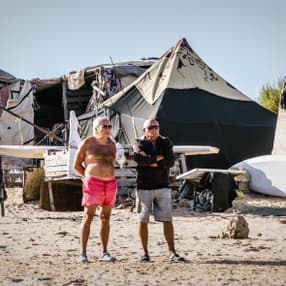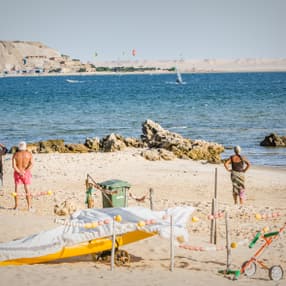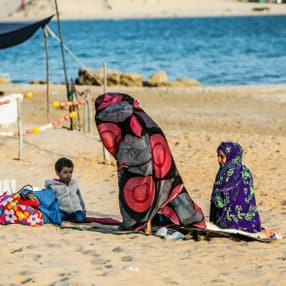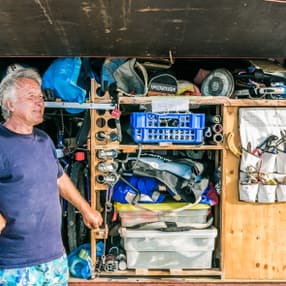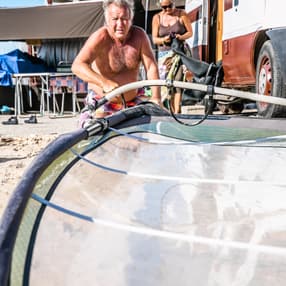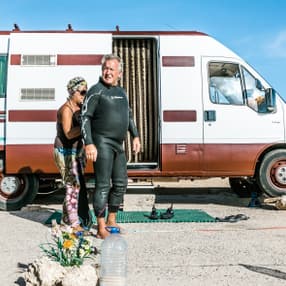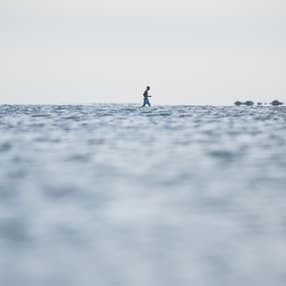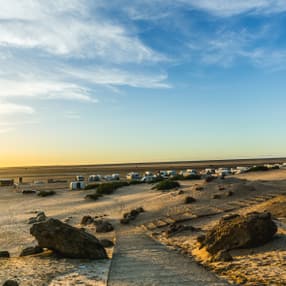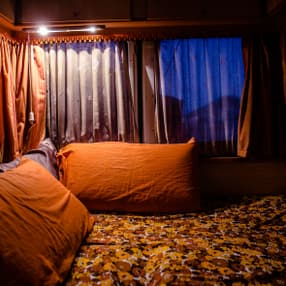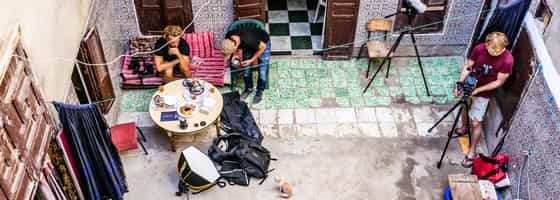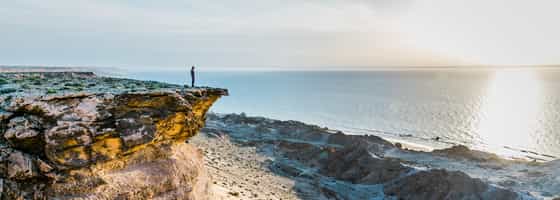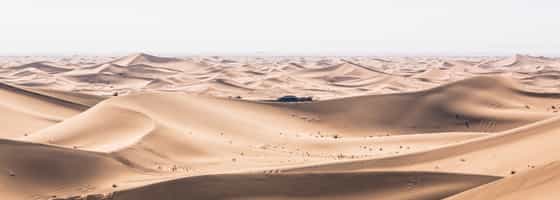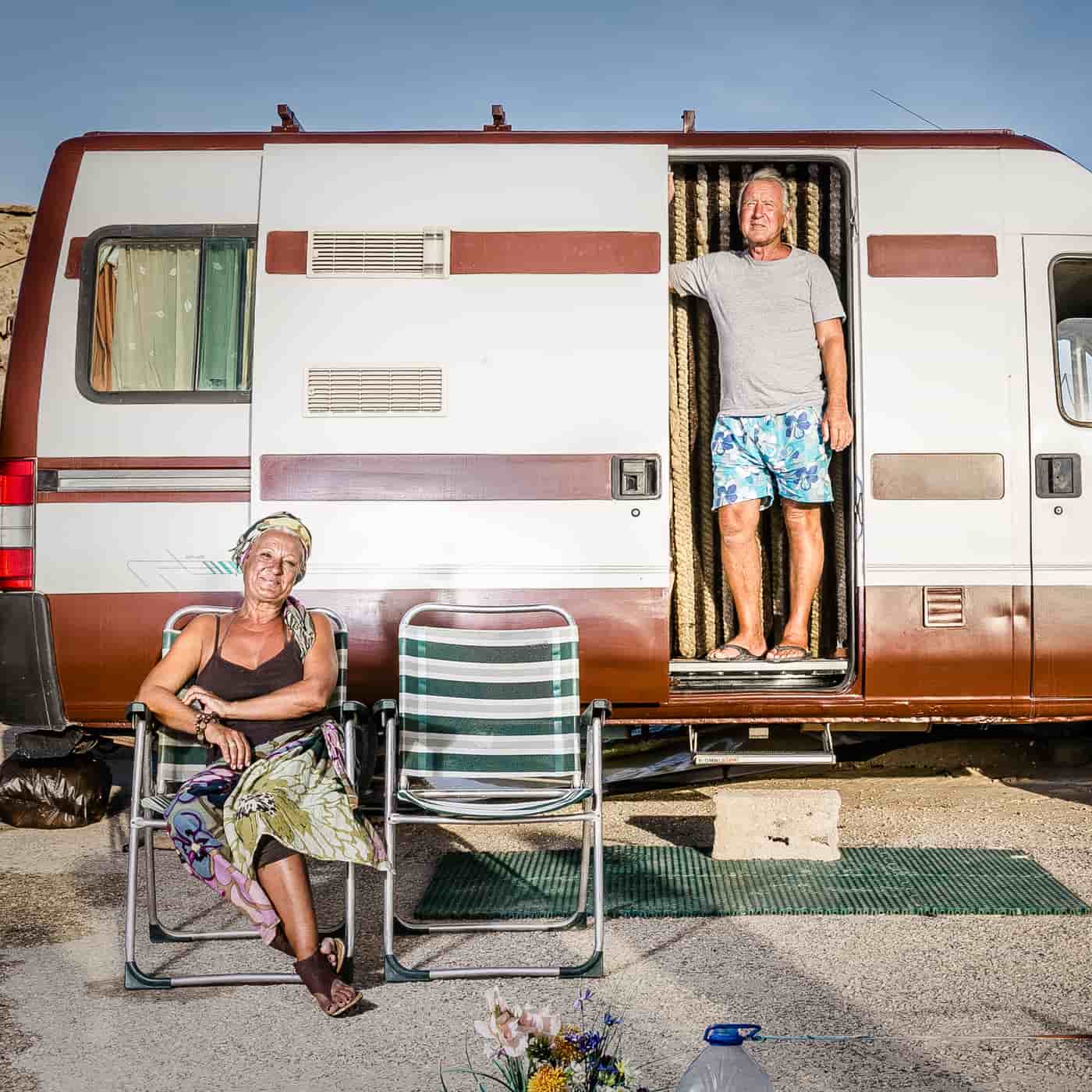

Nomad by fate
By Andreas Jaritz in the category Friends & ProjectsWestern Sahara is a ‘non-state’ in the Maghreb region of North Africa under de facto rule by the Moroccan government, which has considered the region an integral part of its territory since the 1970s. This has been disputed by the indigenous nomadic Sahrawi people of Berber heritage – an ongoing conflict that has left many displaced. Some have described Western Sahara as an expansive but useless sandbox. But despite the power struggles with Morocco, this secluded region is known to have oil reserves and rich fishing waters. And away from conflict and desert flatlands, life seems to be thriving to the south of Laayoune, albeit in a strange, sometimes questionable way.
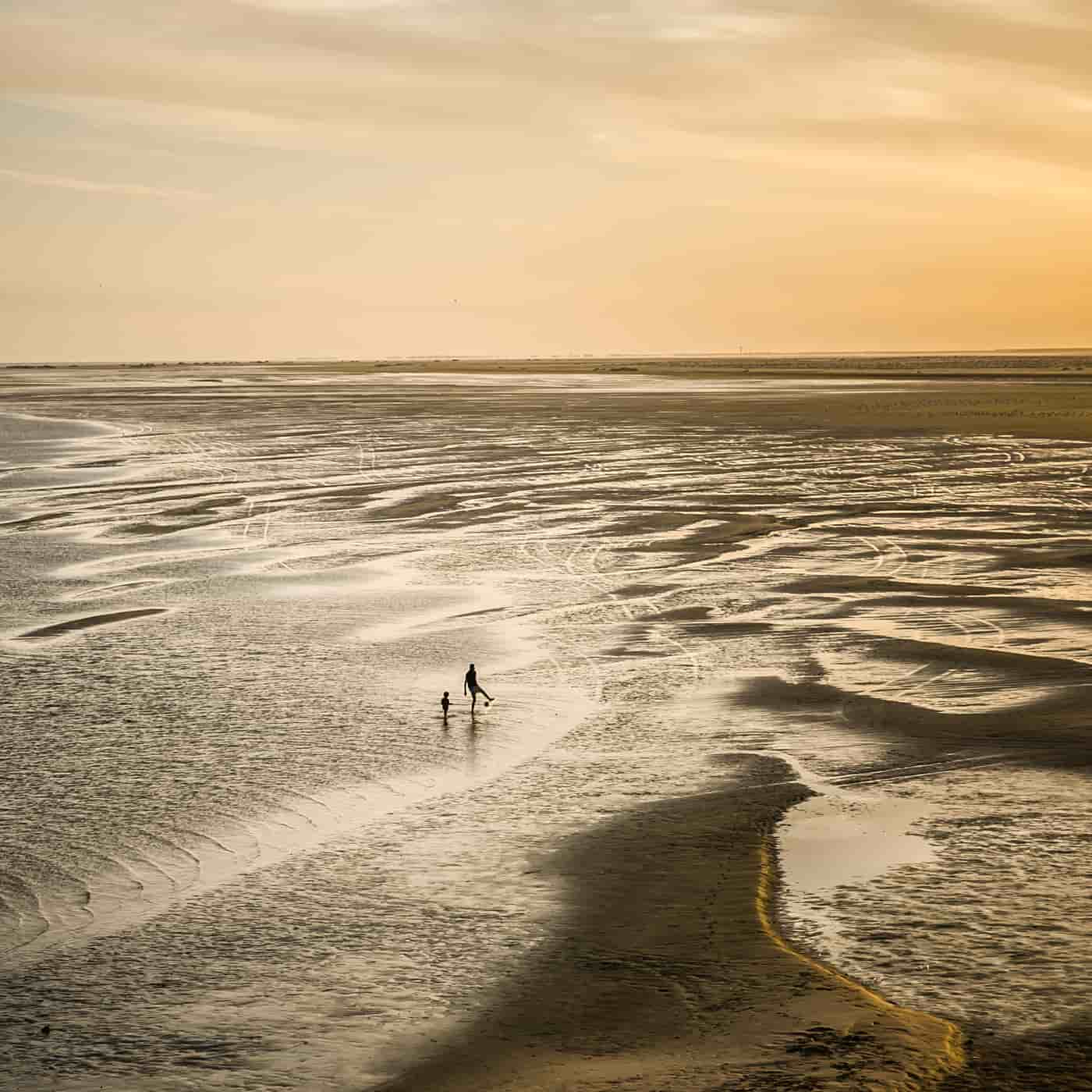
In Tindouf, on the western edge of this large region (slightly smaller than Italy), approximately 160,000 displaced Sahrawis live in permanent tent cities under extreme conditions and hope for a return to their homeland. At the same time, settlers sent by the Moroccan government to the coastline are given massive subsidies by the state to establish some kind of normality and build their lives in this desolate region in order to cement Morocco’s claim to the territory – assimilation, infrastructure programs and subsidies instead of open confrontation.
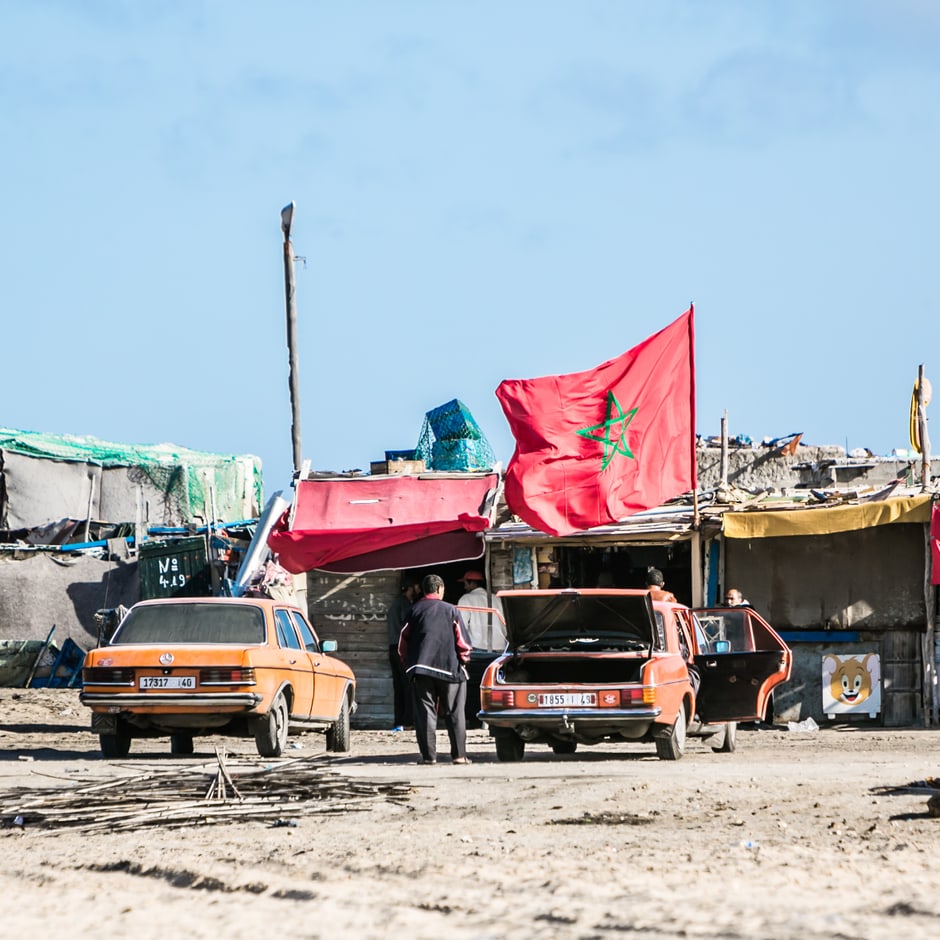
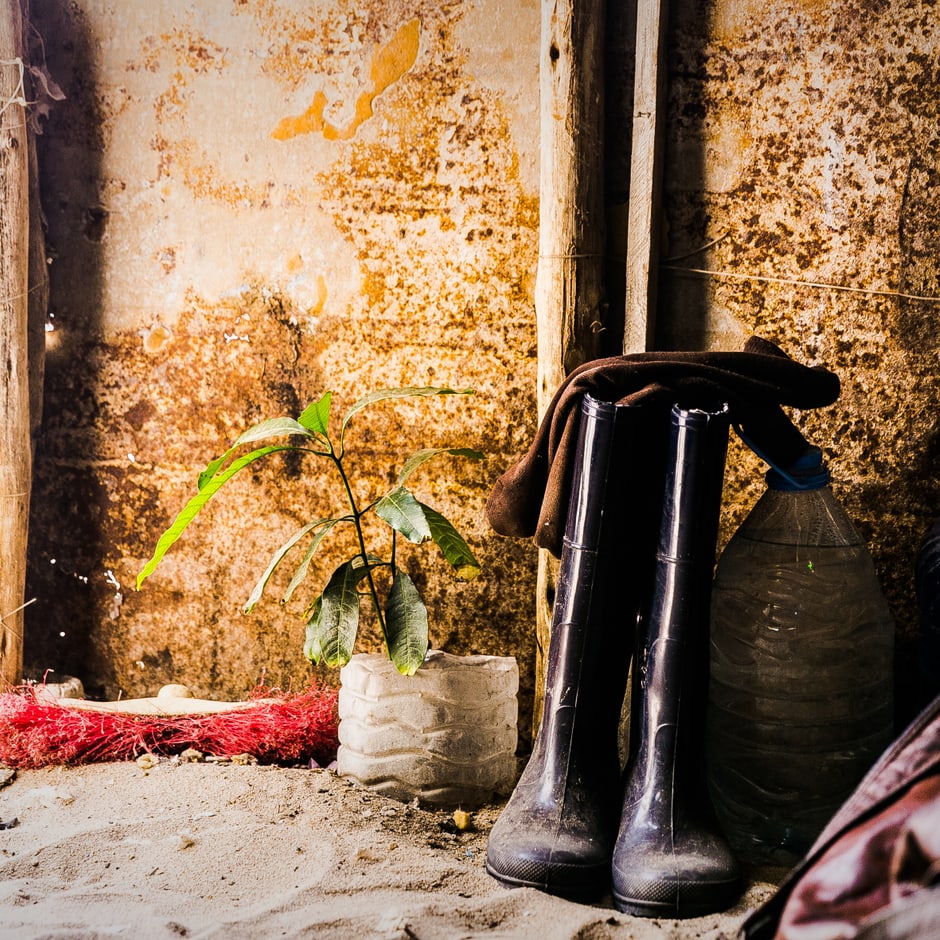


And then there are those crazy Europeans, who live at kilometer 25 just outside Dakhla in a trailer park meets permanent camp for adventurous pensioners and wannabe nomads.
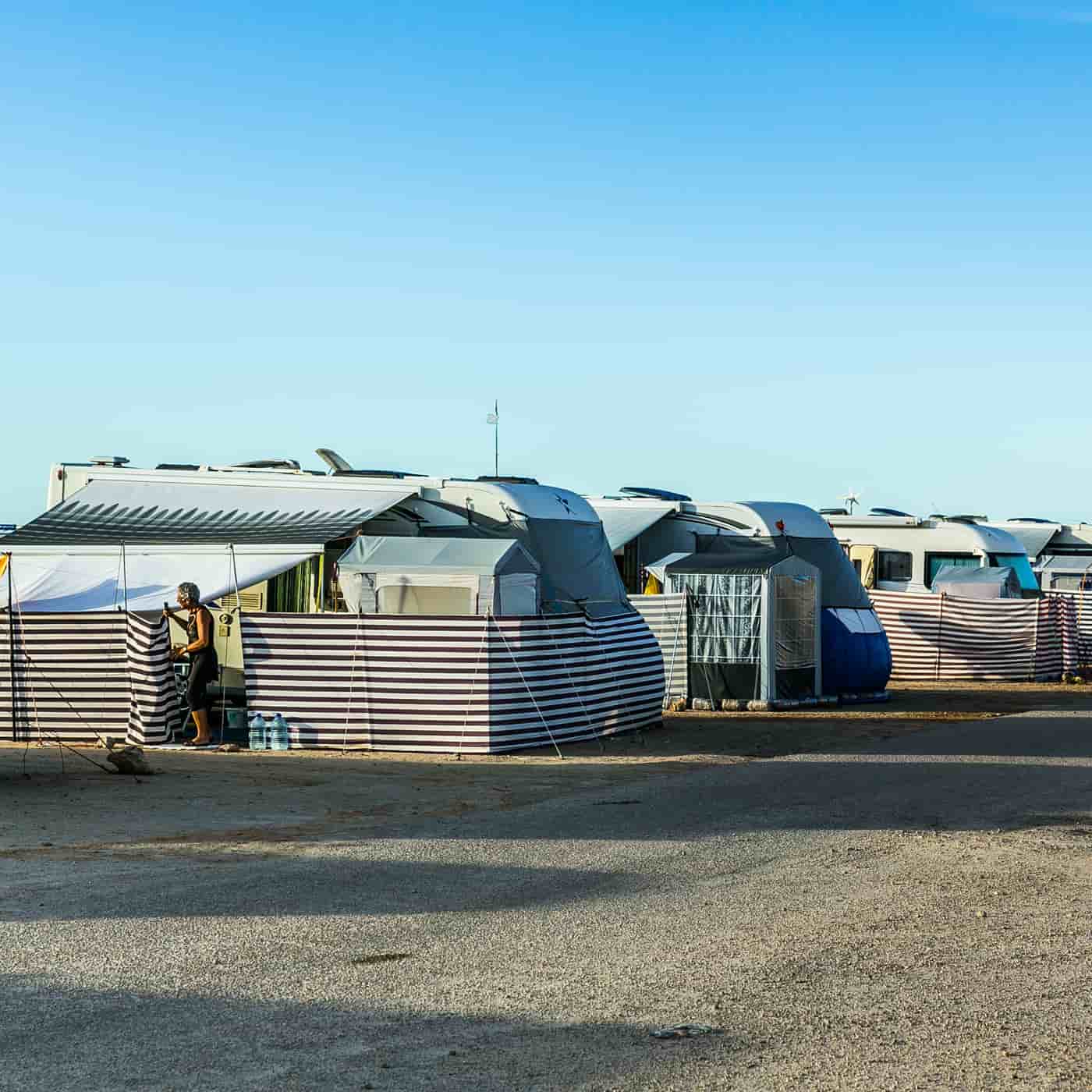
That's where we met Rene, a long-term Swiss expat, and Luisa from Madrid, who followed her eccentric partner to the far reaches of the Maghreb. Together, they make an odd couple, surrounded by about two dozen other couples who have escaped the system and winter of their Italian, French or Spanish homelands. Some have been living here for months. The satellite dishes on the roofs of their mobile homes are aligned with the flight paths of Eutelsat satellites, just so they don't miss anything from back home. We go a little further along the coast to the bustling city of Dakhla and carry on down south to the tip of the Dakhla peninsula, where we find another very improvised settlement.
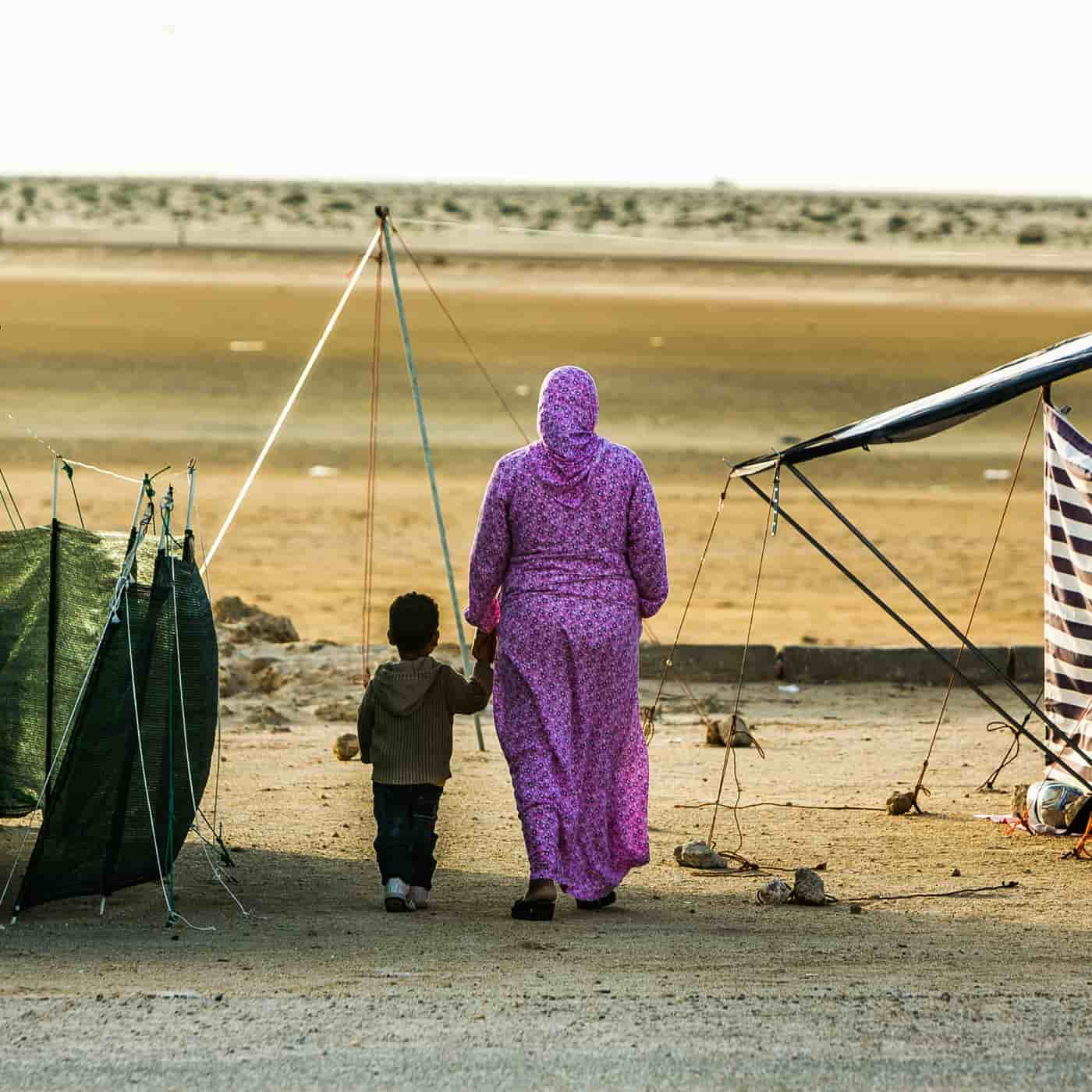
The story behind the emergence of this one, however, cannot be compared to the fancy European caravan conglomerate up north. Here, some extremely poor fishermen live in barracks in slum-like conditions, home to the displaced, forgotten and undesirable. They were literally pushed out of Dakhla to the edge of society for reasons such as opposing the authoritarian state. While Rene, well-tanned and seemingly content, spoke of decent conditions up north despite an unrelenting government – «Everyone has enough to eat» – life here is harsh and unforgiving. There is not much to laugh about. And the city of Dakhla sits right between these worlds.
More stories from west africa
In the city, all is normal: people are busy in a colorful tangle of trade, crafts and gastronomy. Luisa knows about the disputed political situation in the region and takes note of it, but she’s just a tiny detail touching the edges of the big picture at this trailer park at kilometer 25. It was named by the Moroccan police after the 25 kilometer milestone on the road that leads to Rene and Luisa. Luisa has just finished one of her dollhouses, this time a Berber tent furnished with miniature fittings. She shows this to us with great joy: «It’s what I do while Rene surfs. I collect all sorts of bits on the beach and make new things out of them. Something new from trash and scrap. That's what we do here.»
